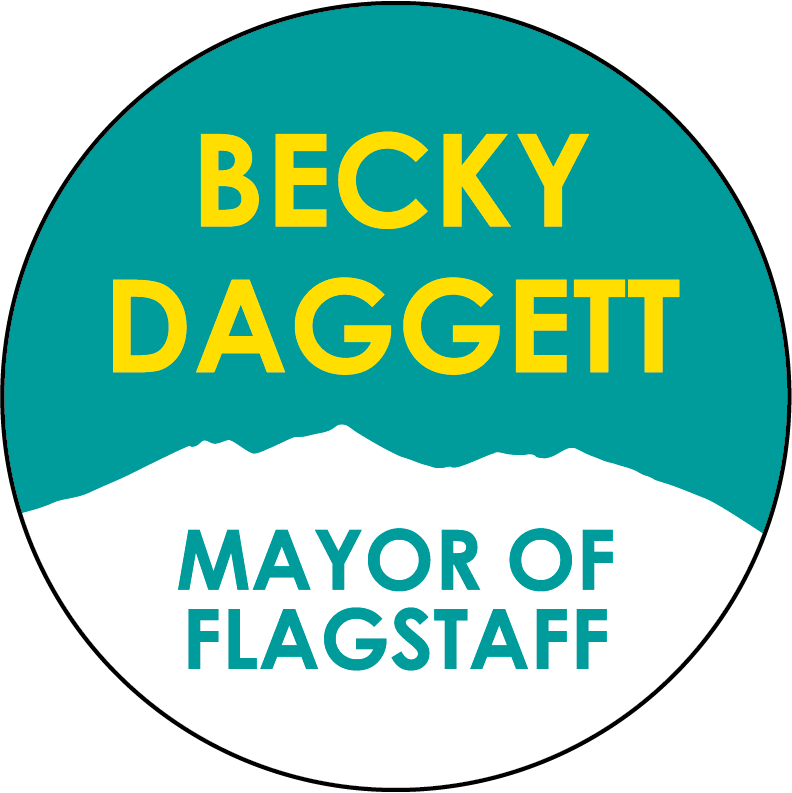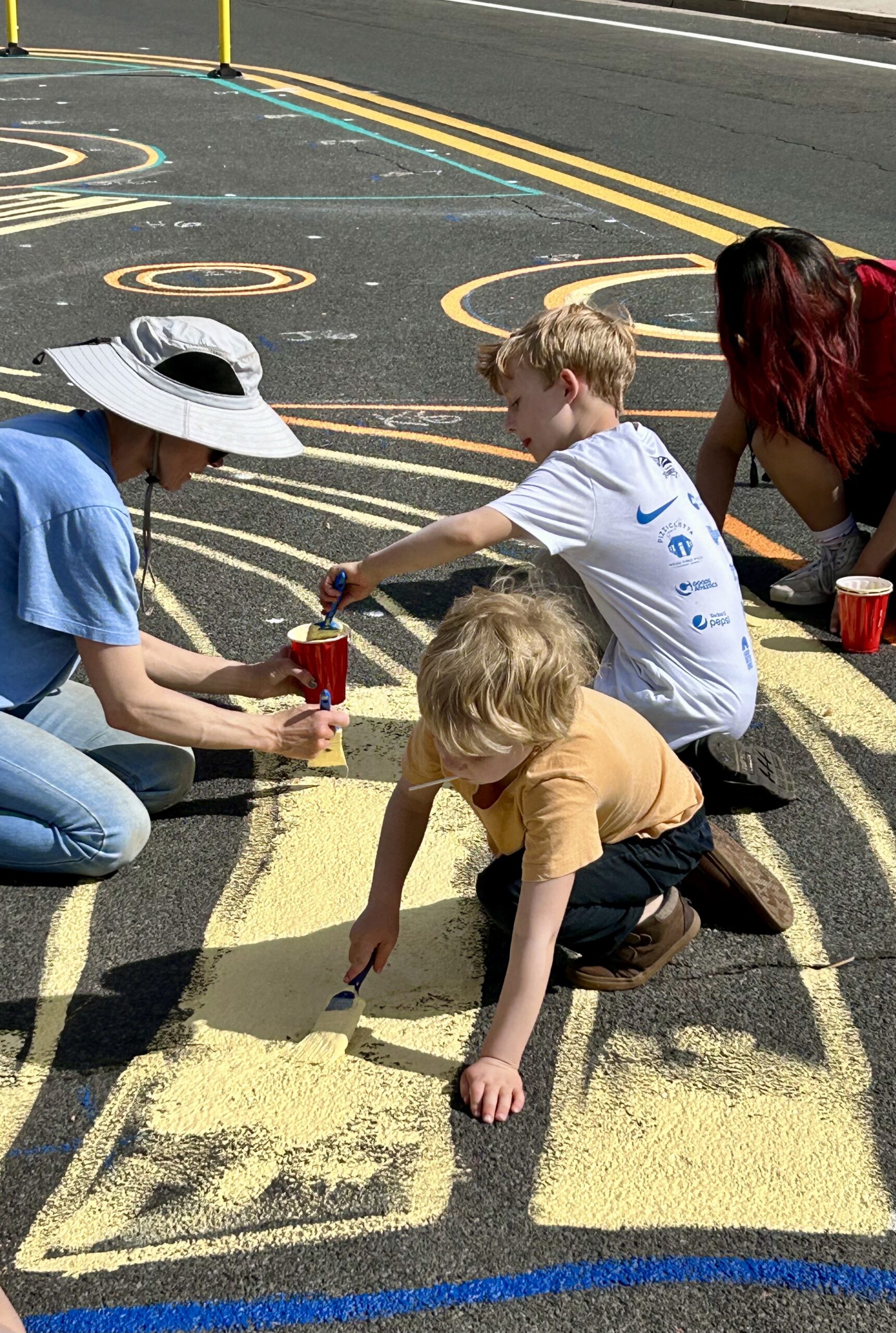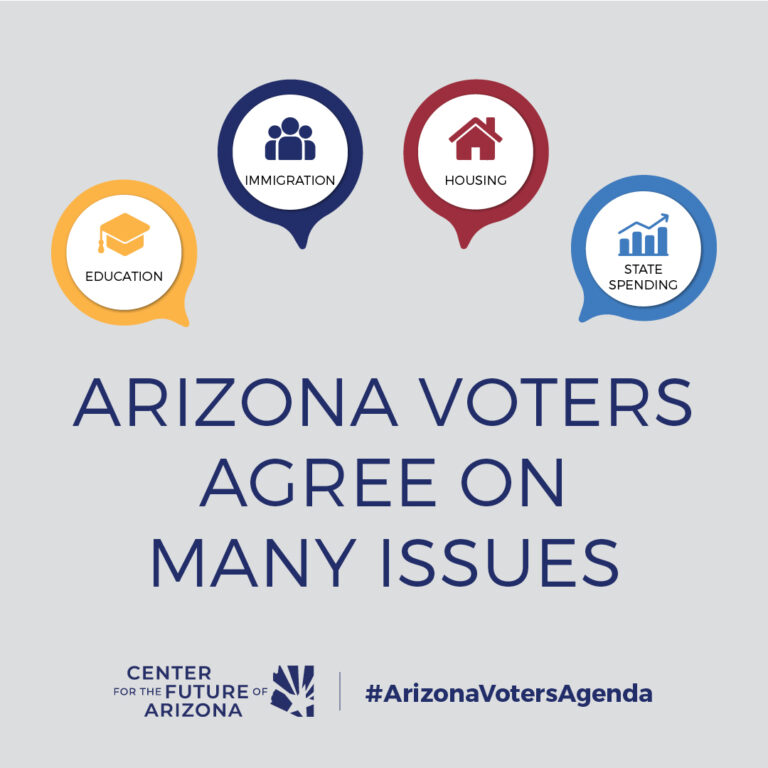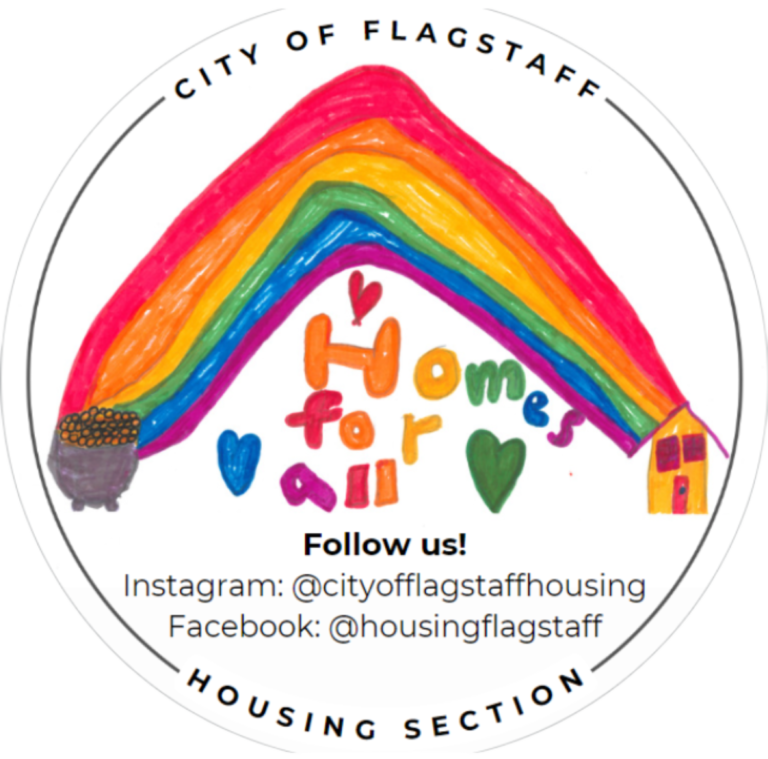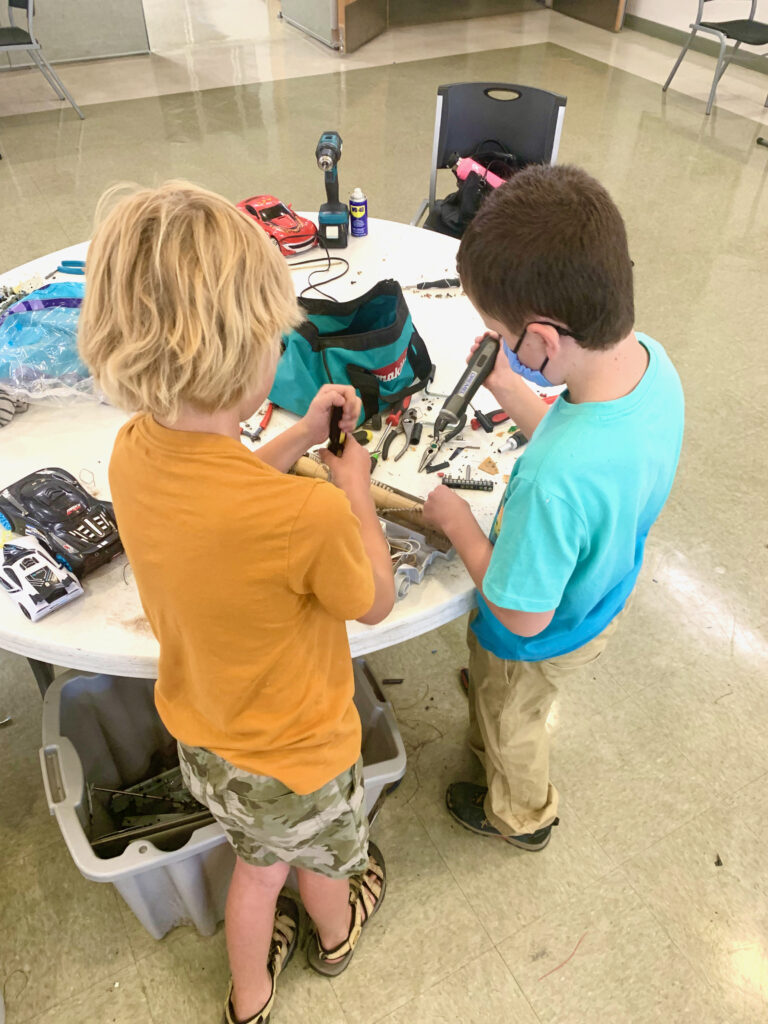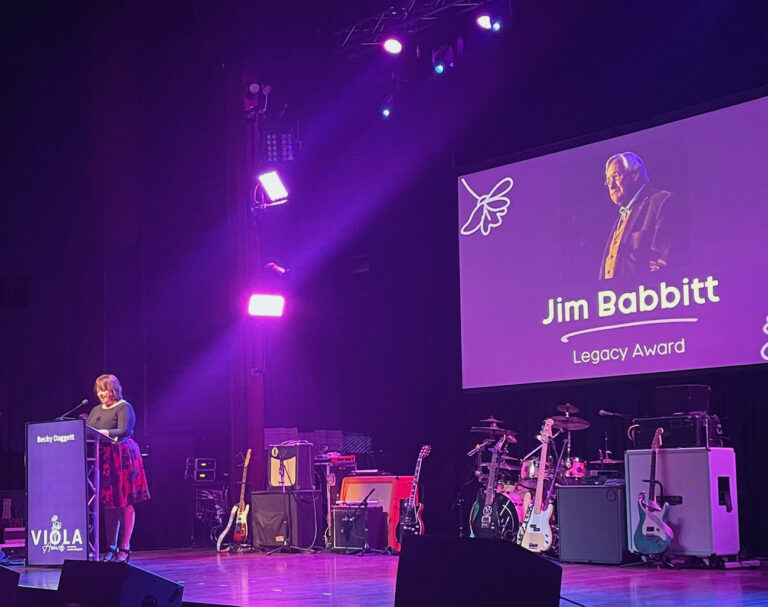Promoting a Healthy Community through Trauma-Informed Systems Change
By Becky Daggett and Virginia Watahomigie
During the post-wildfire flooding of 2021, I witnessed interactions between people who were worried, tired, and angry. Residents, volunteers, and staff were all scrambling to protect homes, find solutions, and bring relief to those impacted. We were all doing our best during a time when nobody’s best seemed good enough. As my time as a city councilmember and then mayor has progressed, I’ve gotten to know many city staff and I see how difficult and stressful their jobs often are.
Most would agree that people seem to be experiencing unprecedented levels of stress. This stress can sometimes result in negative, and at times, angry interactions between people. What some of us don’t realize is that there are past situations and circumstances that can lead us into these negative interactions.
The Coconino Coalition for Children and Youth (CCC&Y) has been supporting child wellbeing for over 50 years in our community. Through child abuse prevention efforts, including education about Adverse Childhood Experiences (ACES), CCC&Y has galvanized support, education and awareness to support our community.
Since 2016, CCC&Y has tried to get this information into the hands of greater numbers of our community because the effects of childhood trauma are experienced not only individually, but also by the community. We all have a role to play in the healing. Further, the effects are not limited to childhood.
CCC&Y received the Vitalyst Health Foundation Spark grant to gather community feedback to understand what traumas and difficulties individuals are facing. This information helped us to better understand the important role that systems that regulate our lives are playing in the everyday lives of our community members.
Executive Director Virginia Watahomigie approached me about a three-year change grant they were about to apply for through Vitalyst Health Foundation and we discussed getting the city involved in their project. Believing that the project had the potential to make lives better for people across our community, I enthusiastically agreed to discuss the opportunity with our city manager. He agreed as did leadership from Coconino County.
The project for Trauma-Informed System Change is led by CCC&Y and includes support from Northland Family Help Center and Arizona ACEs Consortium.
The project was created to help all city and county staff understand how their own ACEs and personal stressors, as well as those of colleagues and members of the public, impact interactions, behaviors and decision making. Staff are discovering tools and ways to help mitigate the effects of this for individuals, teams and the wider community.
It is Watahomigie’s hope that as awareness and education increases, the ripple effect across the city and county not only improves the outcomes for staff members of those organizations but also for the wider community they serve.
Watahomigie notes it has been clear from day one that these public servants have the community in their focus, in their hearts, and in their personal missions. Regardless of how difficult the job and how prevalent the stress, she’s left amazed by the genuine care shown toward those they serve. It is our intention to give these public servants tools to support the work about which they care so much.
The goal is to obtain trauma-informed system change at the county and city level. Because these organizations touch virtually every member of our community, this makes great strides toward becoming a “Trauma Informed Community”.
This means we resist retraumatizing people, we improve responses, relationships, and decision making. When we succeed, we will ensure more compassionate responses to each other and less negative reactions originating from trauma or stress.
To learn more, visit the CCC&Y website and consider attending a half-day session where thought leaders will share expertise and give practical ideas for making change. The same material will be shared at each symposium; choose either online-only session on October 22 or 23. Either is free for Coconino County residents.
This article first appeared in the October 2024 edition of the Flagstaff Business News.
